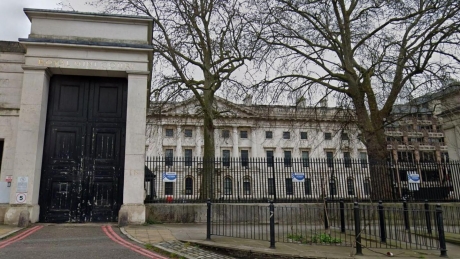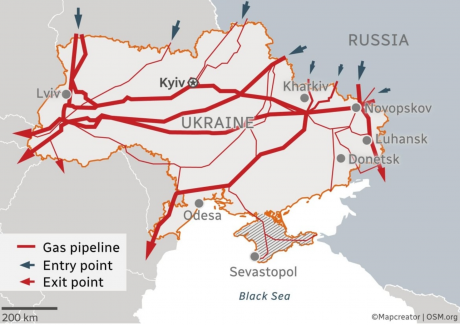
Romania's current account (CA) deficit in the 12 months to August 2023 narrowed by 16% y/y to EUR 21.3 billion thanks to the sharp 37% plunge in August (to EUR 1.91 billion), the data published by the National Bank of Romania (BNR) show. It is an improvement driven by low base effects, but the underlying structural elements undermining Romania's external balance have not changed.
On the upside, the CA gap financing has not been under pressure recently.
Given the high nominal advance of the GDP (+16.7% y/y in euros, as of the end of June), the CA gap to GDP ratio dropped to 7% at the end of August from 9.7% one year earlier. However, the CA gap measured only 6.6% of GDP in August 2021, before the war in Ukraine pushed up the energy prices.
During Covid-19, the gap narrowed to 4.5%, while before the lockdown in August 2019, it was 5.0% – a level that is still 2pp below the current one.
The CA deficit will remain between 6%-7% of GDP through 2026, according to the S&P's macroeconomic scenario published on October 13. Notably, the rating agency underlines non-debt-creating inflows in the form of EU funds, and net foreign direct investments (FDI) will continue to fund a significant share of Romania's external deficit (about 60% on average over the next three years) and the central bank's international reserves.
(Photo source: Antonyesse/Dreamstime.com)
Normal













.jpeg)











 English (US) ·
English (US) ·  Romanian (RO) ·
Romanian (RO) ·